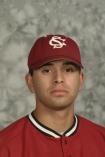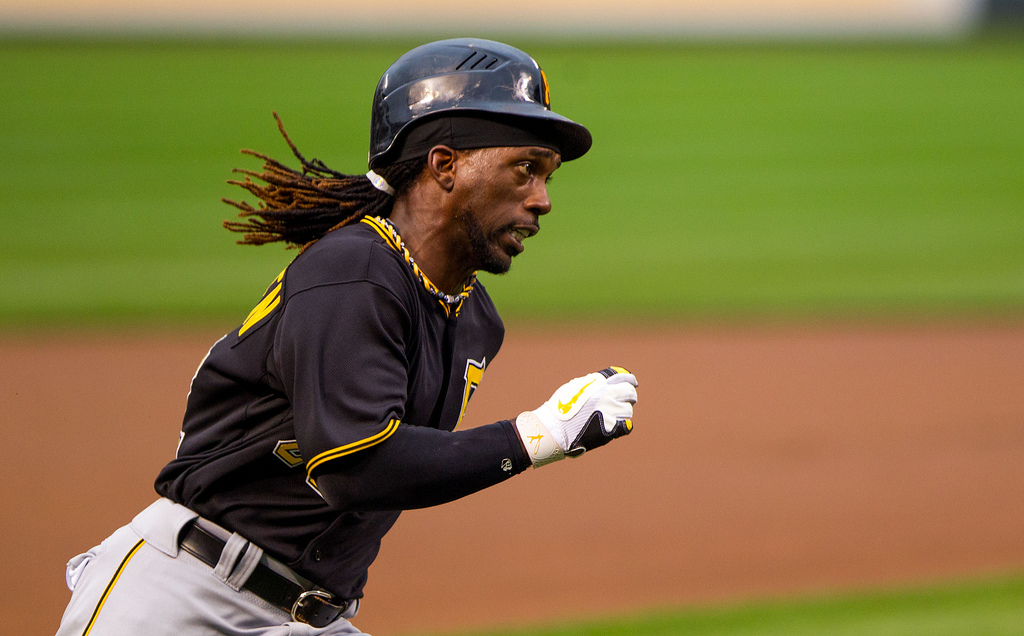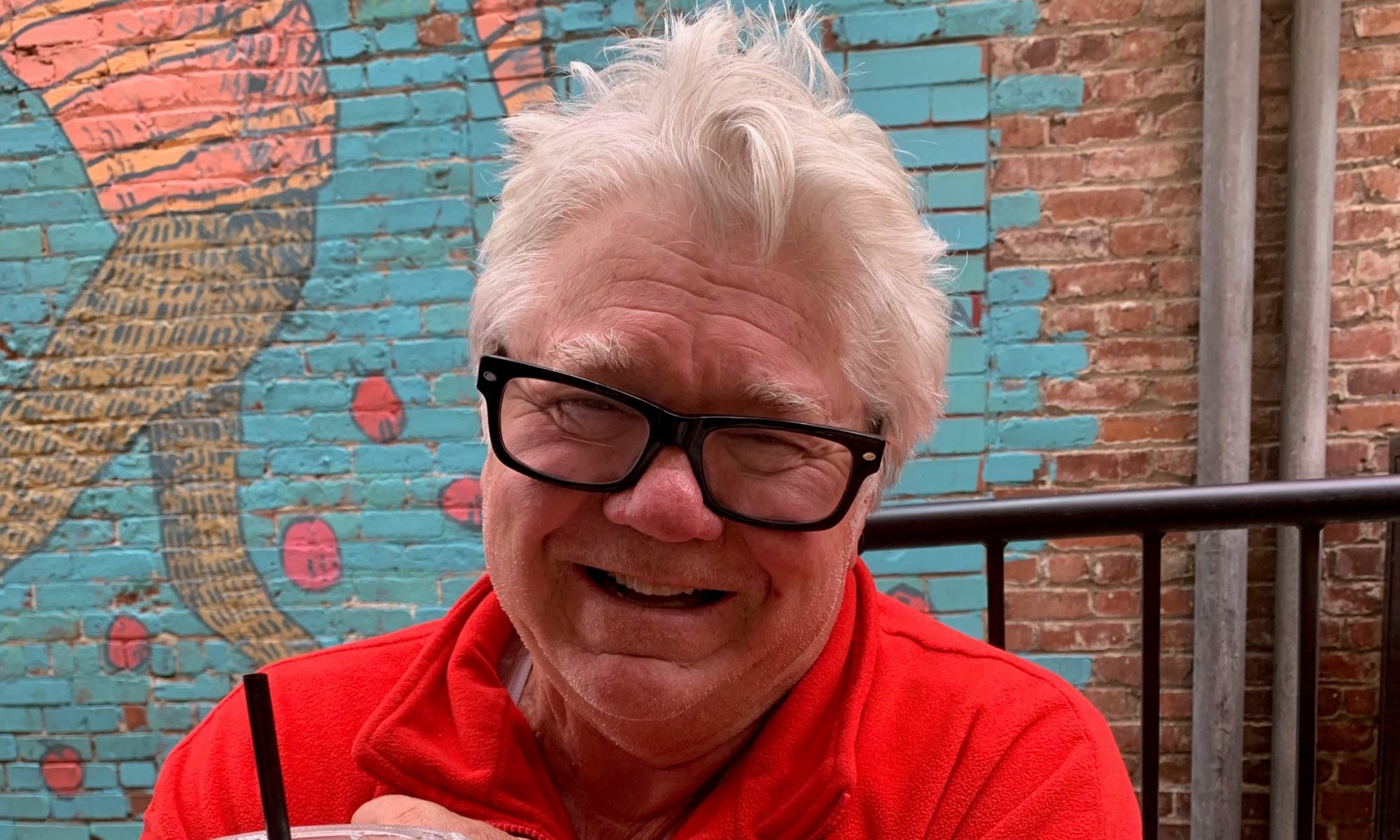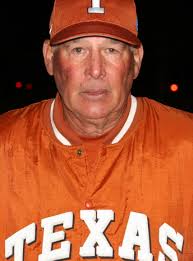A Redlands Connection is a concoction of sports memories emanating from a city that once numbered less than 20,000 people. From pro football’s Super Bowl to baseball’s World Series, from dynamic soccer’s World Cup to golf’s and tennis’ U.S. Open, major auto racing, plus NCAA Final Four connections, Tour de France cycling, more major tennis like Wimbledon, tiny connections to that NBA and a little NHL, major college football, Kentucky Derby, aquatics and Olympic Games, that sparkling little city sits around halfway between Los Angeles and Palm Springs on Interstate 10. – Obrey Brown
This was in honor of that College World Series, which was getting underway. Redlands’ Chris Hernandez had a nice fastball, good command.

He was part of some nice Redlands High School teams which, for some reason, has never reached a CIF Southern Section championship game in well over 100 years of taking a diamond.
Out a fairly impressive list of Redlands High pitchers — Shaun Benzor, Richie Burgess, Ben Washburn, John Herrera, David Quinowski, plus MLB veteran Ed Vande Berg and onetime RHS pitching coach Gary Pool — Hernandez was one of Redlands’ best-ever on a mound,
In one game article describing his pitching, I’d referred to Hernandez as a “non-power” pitcher, noting observations made by three scouts having while observing.
It’s a kind of thing writers long for while watching a prep game. Hearing accounts of scouts is like tossing out meat for a tiger. That particular observation drew disapproval from that particular prospect, Hernandez, who was definitely seeking college and a pro career.
A few days later after that article, he got it off his chest, telling me that, indeed, “I AM a power pitcher.”
His minor league seasons — six in Pittsburgh’s chain while reaching Triple A level — might overlook some brilliant collegiate campaigns. Hernandez’s impressive travels took him first to Riverside City College and, eventually, landing at that major campus, University of South Carolina.
While watching him work up within Redlands — its PONY All-Stars and, eventually, with that high school Terriers — Hernandez was part of a growingly impressive crop of ballplayers.
It led him to RCC, which notched back-to-back state junior college championships in 2000 and 2001 under a future Hall of Fame coach, Dennis Rogers.
That was his launching pad that got him to South Carolina for his junior and senior seasons in 2002 and 2003. The Gamecocks, one of seven teams from the baseball-rich Southeastern Conference to reach the NCAA Division 1 playoffs, made back to back seasons at the College World Series.
So here was Hernandez, a two-time All-Orange Empire Conference selection at RCC. In 2002, the Gamecocks (57-18) had to get past Virginia Commonwealth, North Carolina and Miami in that Columbia, North Carolina-based Super Regional.
At that College World Series, Georgia Tech took down USC, 13-0, in its opening round.
Those Gamecocks from South Carolina? Wins over Nebraska, a rematch over Georgia Tech, then a sweep over Clemson lifted the Gamecocks into a championship game against Texas.
The Longhorns, coached by the legendary Augie Garrido, beat South Carolina, 12-6.
Playing against such future MLB prospects as Huston Street (Texas), Kahlil Greene (Clemson), Nebraska’s Drew Anderson, Todd Sears and Brian Duensing, Aaron Hill (LSU), Stanford’s Ryan Garko, Jed Lowrie and Carlos Quentin, Chris Ianetta (North Carolina) — to name a few.
Hernandez, who was 1-1 with a 3.27 ERA, pitched 13 games that season.
South Carolina’s talent pool that season? Catcher Landon Powell (Oakland), pitcher Matt Campbell (Kansas City) and shortstop Drew Meyer (Texas) were eventual first-round round picks.
On that 45-22 squad in 2003, there were no less than 17 Gamecock players targeted by MLB teams. Powell, third baseman Brian Buscher (San Francisco), outfielder Kevin Melillo (Oakland) and infielder Steve Tolleson (Minnesota) were among those that eventually reached the majors.
Hernandez, who was 5-5 with a 3.32 ERA over 25 games and 84 innings, pitched three complete games though he appeared mostly in relief. Eight teams from that enormous SEC battled their way into those NCAA playoffs.
It was Stanford that ultimately knocked out South Carolina in its chase to another College World Series championship — twice, in fact, 8-0 and 13-6. In between those losses, USC had stayed alive with 11-10 win over Louisiana State.
LSU couldn’t hold on, despite the presence of future MLB reliever Brian Wilson, who closed down San Francisco’s 2010 World Series championship over Texas.
Rice (Texas) University beat Stanford two out of three to nail down the 2003 title.
As for Hernandez’s opponents, imagine pitching to future major leaguers like Ryan Garko, Jed Lowrie and Carlos Quentin, who were noted Stanford sluggers.
In Pittsburgh’s minor league chain, Hernandez made two all-star teams, chunking out 23 wins, 56 saves and a 3.22 ERA in 230 professional games between 2003 and 2009.
The Pirates?
Hernandez had some good seasons — 24 saves, 1.93 with Class A Hickory Crawdads in his first full season as a pro, 6-1 record and a 2.86 ERA with Class AA Altoona Croon in 2007. At a Class AAA level, he spent parts of two seasons with Indianapolis of the International League.
He was 0-4 over 23 games in between a 4-0, 2.61 stint back at Altoona.
Hernandez was teammates with future MVP Andrew McCutchen, plus solid future MLB players like Neil Walker and Steve Pearce, both No. 1 draft picks. So were pitchers Bryan Bullington and Sean Burnett, who never quite made an MLB level.

In all, Hernandez struck out 353 hitters over 324 1/3 innings as a seven-year minor leaguer — not bad for a power pitcher.
As for the College World Series, consider this: Hernandez first showed up there with the Gamecocks in 2002, repeating the appearance in 2003.
One season later, another ex-Terrier, Robbie Hudson, made the first of two straight trips to Rosenblatt Stadium in Omaha, Neb. — site of the annual College World Series.
The Redlands Connection was in full effect at college’s biggest baseball showcase.


